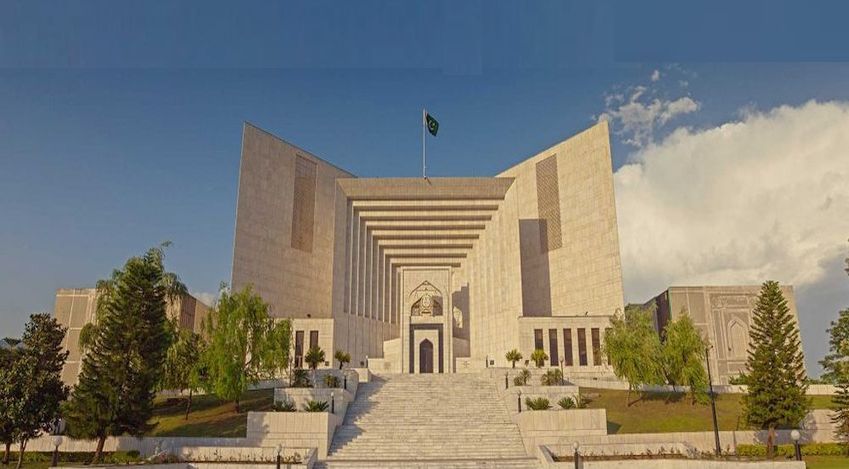Supreme Court of Pakistan Promotes Mediation as Preferred Dispute Resolution Mechanism
Islamabad 05-12-2024: In a landmark judgment, the Supreme Court of Pakistan has reinforced the importance of mediation and Alternative Dispute Resolution (ADR) in the judicial system, advocating for its use as a means to address the increasing backlog of cases. The decision was rendered in [Civil Appeals Nos. 256 & 257 of 2024], involving a contractual dispute between M/s Mughals Pakistan (Pvt.) Limited and the Employees Old Age Benefits Institution (EOBI) along with its subsidiary, M/s Pakistan Real Estate Investment & Management Company (PRIMACO).
The appeals stemmed from disputes regarding a construction project initiated by EOBI and PRIMACO, which resulted in arbitration proceedings. While the arbitral tribunal’s award in favor of the Appellant was initially upheld by the Civil Court, the Lahore High Court nullified the award. The appellants sought relief in the Supreme Court of Pakistan.
The Supreme Court of Pakistan emphasized the benefits of mediation as a cost-effective, time-efficient, and collaborative method of dispute resolution. Mr. Justice Syed Mansoor Ali Shah, writing for the bench, highlighted the following:
- With over 2.22 million cases pending across Pakistan’s Courts, the judgment underscores the urgent need for ADR to alleviate the burden on the judiciary.
- Mediation offers confidentiality, flexibility, relationship preservation, and a less adversarial environment, making it a more humane and efficient process than litigation.
- Courts were encouraged to adopt a pro-mediation stance, referring cases to ADR whenever feasible, to foster mutual agreements and reduce judicial delays.
The Court discussed Pakistan’s legislative framework for ADR, including the Alternate Dispute Resolution Act, 2017, and provincial laws such as the Punjab ADR Act, 2019, and Balochistan ADR Act, 2022. Notably, the Court recommended Pakistan’s ratification of the Singapore Convention on Mediation to facilitate the recognition and enforcement of mediated settlement agreements internationally.
The appeals were referred to mediation, with provisions for the parties to return to the Court if mediation efforts failed. The judgment also urged the Attorney-General of Pakistan to consider the Court’s recommendation regarding the Singapore Convention.
The Supreme Court of Pakistan pro-mediation stance aligns Pakistan with global trends, ensuring a fairer, faster, and less adversarial approach to justice. By prioritizing mediation, the Court aims to transform Pakistan’s legal culture, balancing efficiency with equity in dispute resolution.
Powered by Froala Editor








